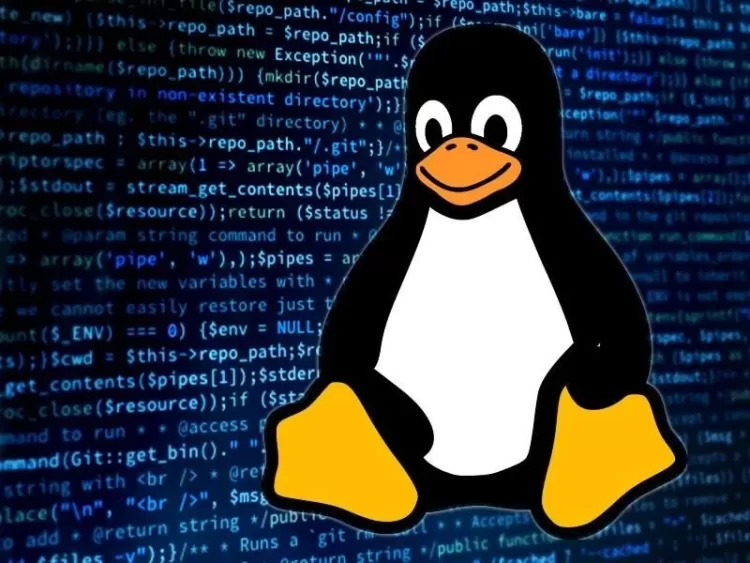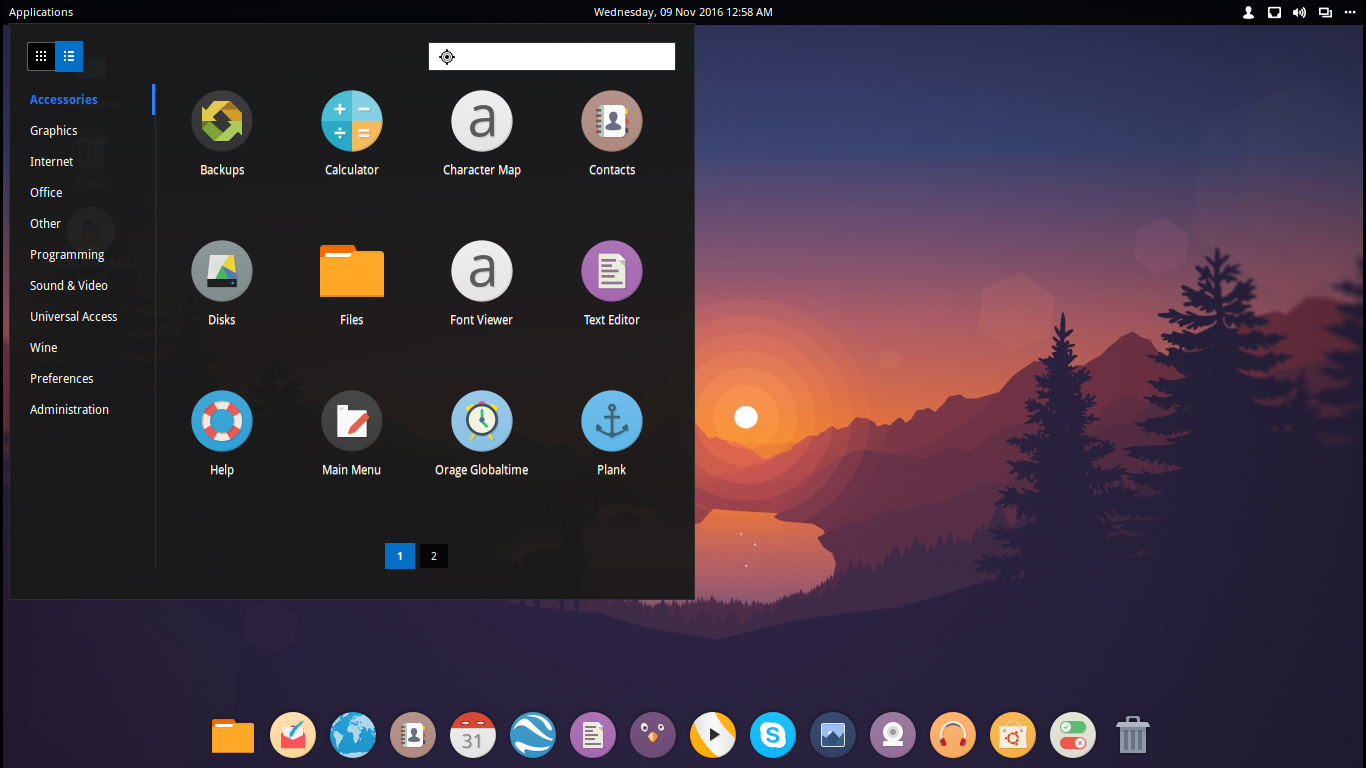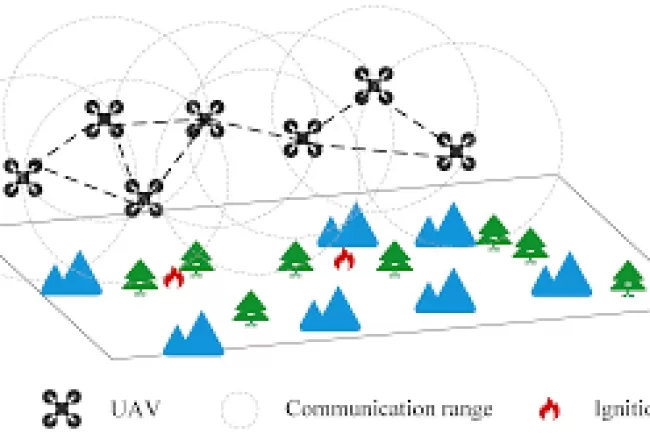Linux: A Journey from Innovation to Global Adoption...!!!
Linux is more than just an operating system; it is a testament to the power of open-source collaboration and innovation.

Introduction to Linux:Linux is a robust, adaptable, and open-source operating system that has cemented its place as a cornerstone of modern computing. Initially created by Linus Torvalds in 1991, Linux has transformed into a global phenomenon, attracting millions of users and contributors worldwide. Its open-source nature means that the source code is accessible for anyone to view, modify, and distribute, fostering a collaborative and innovative environment.
History and Development: Linux's journey began in 1991 when Linus Torvalds, a Finnish computer science student, released the first version of the Linux kernel. His goal was to create a free and open alternative to the proprietary operating systems available at the time. Torvalds' project quickly gained momentum, attracting contributions from developers worldwide. Over the years, Linux has grown exponentially, with numerous distributions (distros) catering to various needs and preferences.
Core Components of Linux:
1.Kernel: The heart of the operating system, responsible for managing hardware resources and providing essential services to applications.
2.Shell: A command-line interface that allows users to interact with the system by entering commands.
3.File System: Organizes and manages files and directories on storage devices.
4.System Libraries: Provide essential functions and services to applications.
5.System Utilities: Tools and programs that perform various tasks, such as file management, text editing, and system monitoring.

Popular Linux Distributions:
Linux distributions, or distros, are variations of the Linux operating system, each tailored to specific needs and preferences. Some of the most popular distributions include:
1.Ubuntu: Known for its user-friendly interface and strong community support, Ubuntu is a popular choice for both beginners and experienced users.
2.Fedora: Sponsored by Red Hat, Fedora focuses on cutting-edge features and technologies, making it a favorite among developers and tech enthusiasts.
3.Debian: One of the oldest and most stable distributions, Debian is known for its robust package management system and extensive software repository.
4.CentOS: A free and open-source version of Red Hat Enterprise Linux (RHEL), CentOS is widely used in enterprise environments.
5.Arch Linux: A minimalist distribution that gives users complete control over their system, Arch Linux is favored by advanced users who prefer a hands-on approach.
Advantages of Linux:
Linux offers numerous advantages that have contributed to its widespread adoption:
1.Open Source: Linux's open-source nature promotes collaboration, innovation, and transparency. Users can freely view, modify, and distribute the source code.
2.Security: Linux is known for its robust security features, including strong user permissions, regular updates, and a large community that quickly addresses vulnerabilities.
3.Stability and Reliability: Linux is renowned for its stability and reliability, making it a popular choice for servers, data centers, and critical applications.
4.Customization: Users can tailor Linux to their specific needs, choosing from a wide range of distributions, desktop environments, and software packages.
5.Cost-Effective: Linux is free to use and distribute, making it an economical choice for individuals and organizations.
6.Performance: Linux is efficient and lightweight, often outperforming proprietary operating systems on the same hardware.

Linux in Various Domains:
Linux's versatility has made it a dominant force in various domains:
1.Servers and Data Centers: Linux powers the majority of web servers and data centers worldwide, thanks to its stability, security, and performance.
2.Embedded Systems: Linux is widely used in embedded systems, such as routers, smart devices, and automotive systems, due to its flexibility and low resource requirements.
3.Cloud Computing: Many cloud platforms, such as AWS, Google Cloud, and Azure, offer Linux-based virtual machines and services.
4.Supercomputing: Linux dominates the supercomputing landscape, with the majority of the world's top supercomputers running Linux.
5.Desktops and Laptops: While not as prevalent as Windows or macOS on personal computers, Linux has a dedicated user base that appreciates its customization options and performance.
The Future of Linux: Linux continues to evolve, driven by a passionate community of developers and users. Emerging technologies, such as artificial intelligence, machine learning, and edge computing, present new opportunities for Linux to expand its influence. As the world increasingly embraces open-source software, Linux's role as a backbone of modern computing is set to grow even further.
Linux is more than just an operating system; it is a testament to the power of open-source collaboration and innovation. Its flexibility, security, and performance have made it an integral part of the modern computing landscape. Whether powering servers, embedded devices, or personal computers, Linux's impact is undeniable, and its future looks brighter than ever.
What's Your Reaction?

















